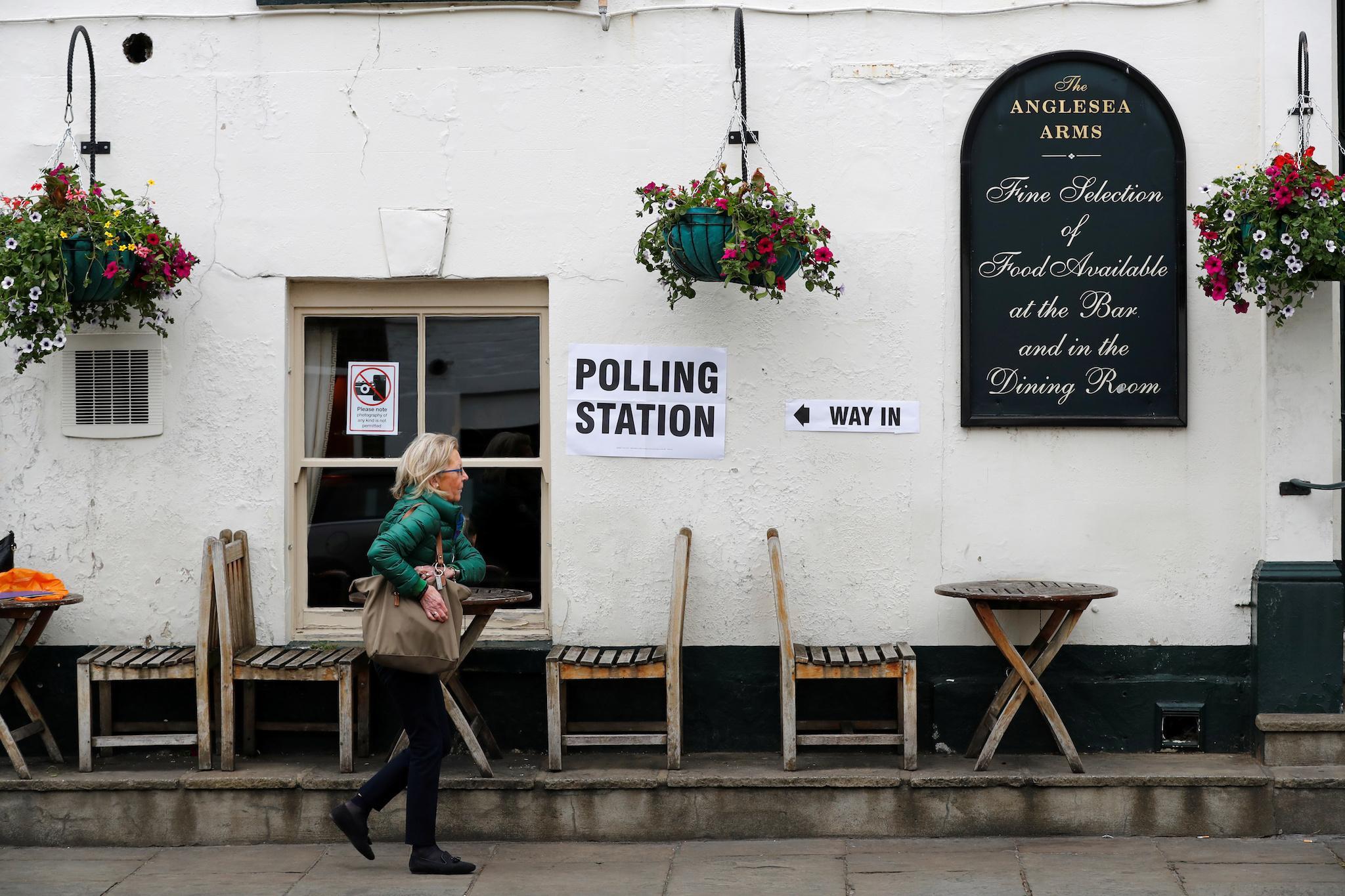Until this week, domestic abuse survivors in the UK risked losing their vote
For too long these women have been silenced because it was too dangerous for them to sign up to an electoral register, which would reveal their location, and too difficult for them to register anonymously

Mandy was put under witness protection when her abusive ex was released from prison after serving just five years for abusing her for 18 years, culminating in four days of torture where he took a blowtorch to her. Mandy continues to live in fear for her life and for many years she could not vote, terrified that her abuser would discover her home address on the electoral register.
While living in fear and slowly trying to overcome the trauma of the abuse, Mandy was threatened with fines for not registering to vote despite desperately wanting to make her voice heard in the democratic process. Eventually she managed to secure support from the police to make an application to vote anonymously but it was, according to Mandy, “not a simple process and many would give up trying, especially those without police backup.”
The changes to anonymous voter registration announced by the Government, following our Right to Vote campaign in partnership with the courageous survivor Mehala Osborne and 38 Degrees, will help survivors, like Mandy, regain their voice and exercise their right to vote in safety.
For too long these women have been silenced because it was too dangerous for them to sign up to an electoral register, which would reveal their location, and too difficult for them to register anonymously.
One of the major wins for survivors who have recently escaped an abusive home and are now living in refuge is that refuge managers can now support an application to register to vote anonymously. Survivor and campaigner Mehala Osborne said, “I was denied a vote whilst living in a refuge. I never realised how much having a vote meant till it was taken away.” These reforms mean that survivors who have already been through so much will have someone who they trust and who understands what they have been through helping to secure their right to vote. For many survivors, this will be the difference between being silenced and being empowered through having their voice heard.
While these changes make it easier for survivors to register anonymously, there is still much more that needs to be done to make survivors’ right to vote in safety a reality for life.
Survivors, like Mandy, continue to be at risk long after they leave refuge. On average, two women a week in England and Wales are killed by a partner or ex-partner. For them anonymity is a matter of life or death; with the very real threat of being hunted down by their perpetrator for many years to come. As a result, many survivors are forced to try to re-register to vote anonymously every year to ensure their long-term safety.
Often women are on the run from domestic abuse for the rest of their lives, but they might not have the right contacts to support their application to vote anonymously forever.
On the eve of the centenary of the first British women being giving the right to vote, we are calling on the Government to make a real difference by using the Domestic Violence and Abuse Bill to pass legislative changes to make survivors’ Anonymous Voter Registration valid indefinitely.
Let’s make the centenary year a year to go down in history by making the right to vote in safety a reality for all women for life and send out the clear message to all survivors of domestic abuse that their voices matter, and their right to vote will never be taken away.
We’ve worked hard to make this change happen, now it’s your turn to bring about more change and help more women escape domestic abuse. Donate to Women’s Aid today.
Katie Ghose is the CEO of Women’s Aid

Join our commenting forum
Join thought-provoking conversations, follow other Independent readers and see their replies